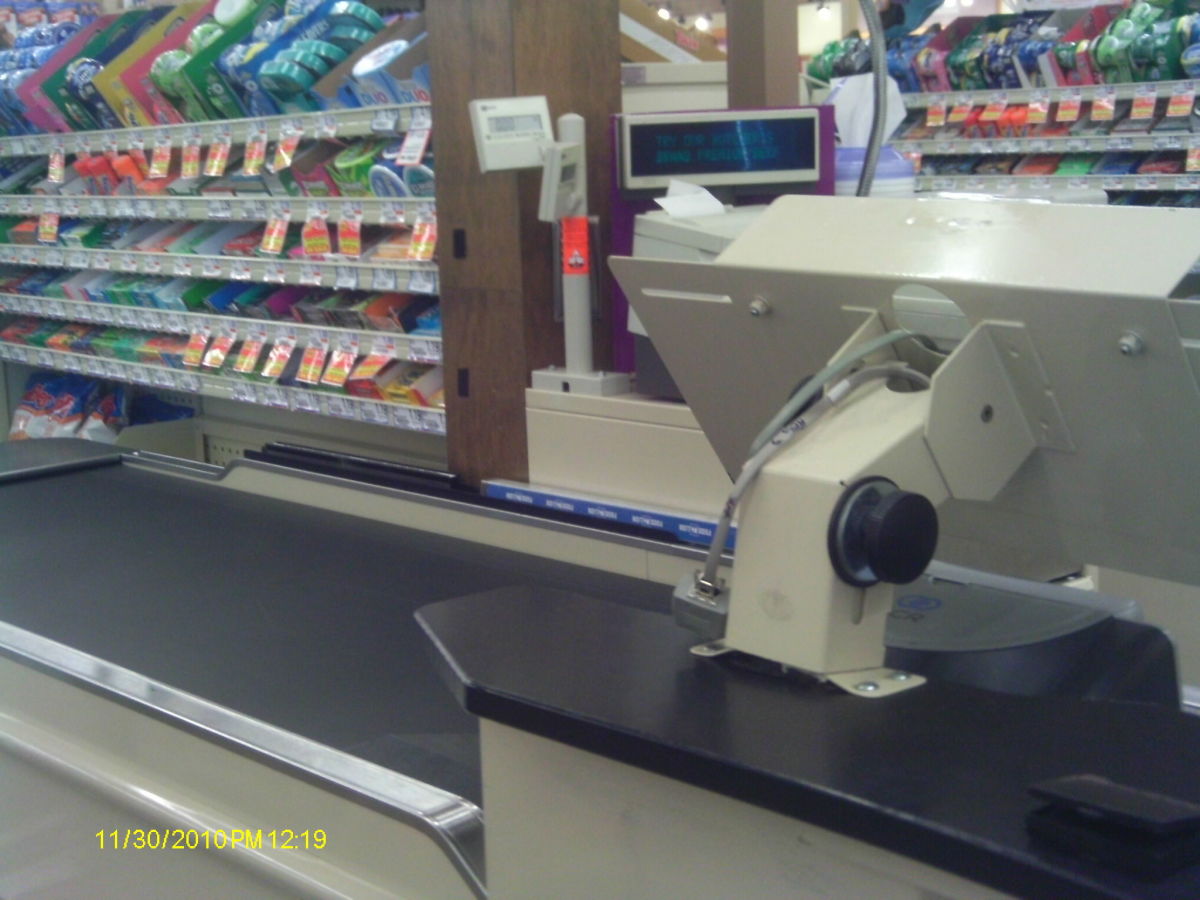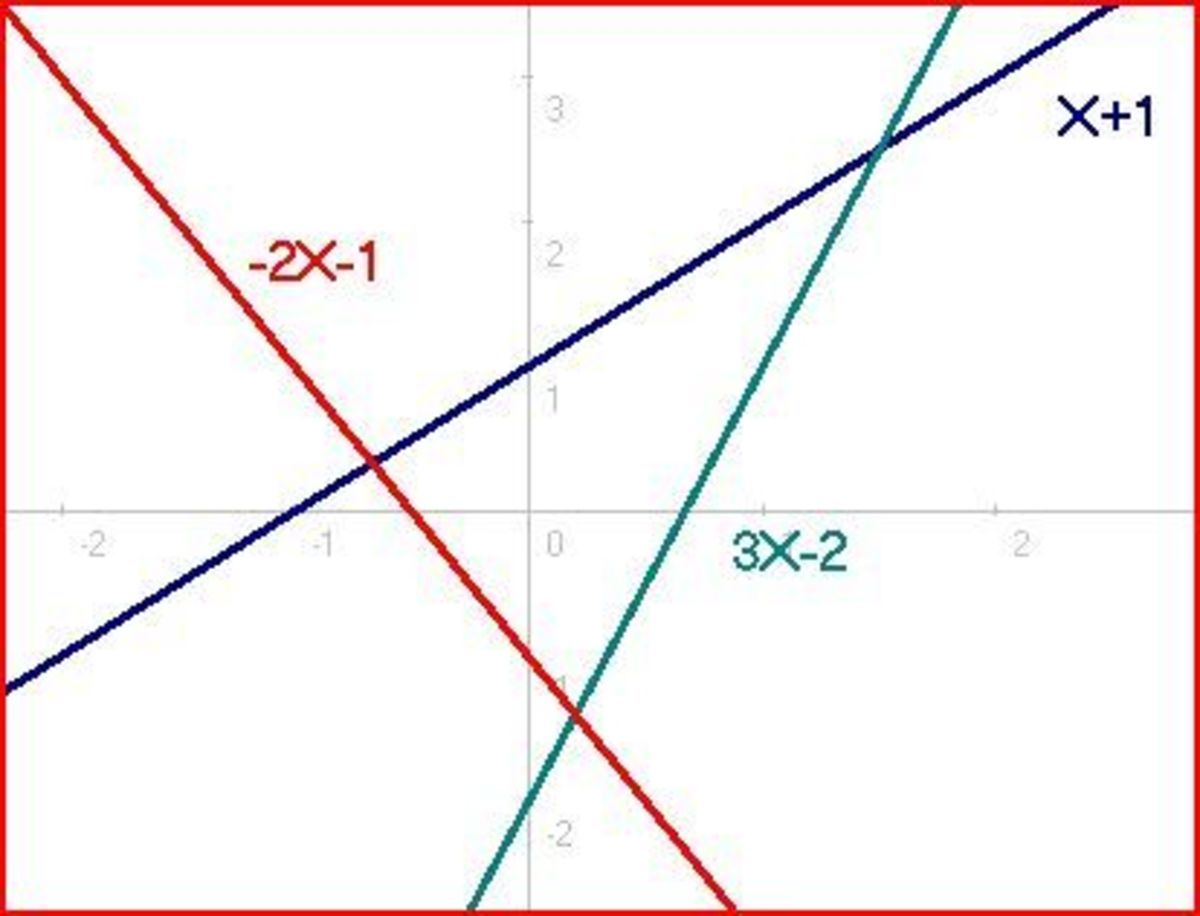How Automated Systems Have Changed Our Lives
Industry Thrives on Automation Technology
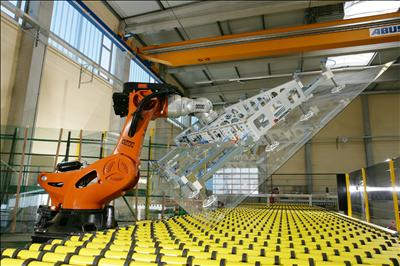
Automate Your Business and Your Life
Automation technology has not only improved our business and personal productivity, it has enabled us to deal with the mountains of data spawned by the Internet age. Merriam-Webster defines automation as "'the technique of making an apparatus, a process, or a system operate automatically," which means without human intervention.
Automated systems save time, a lot of it.
This article will examine some of the ways that automation technology has changed our lives.
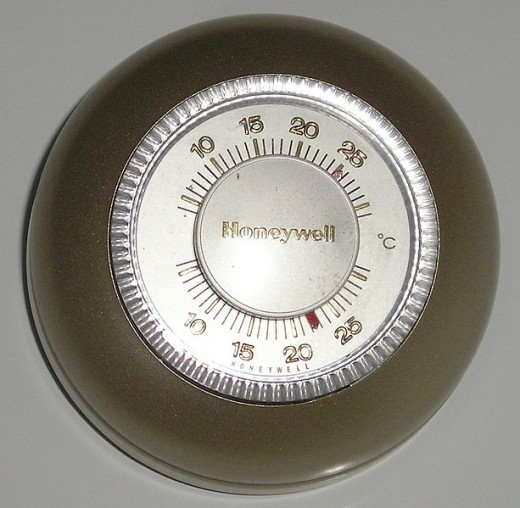
The Thermostat
The humble thermostat was invented in 1883. It's an early example of an automated system that makes life easier. You set a desired temperature and the automation system takes control. You don't have to get up to make the room cooler or warmer; it's automated. It cranks up the heat or air conditioning without human intervention.
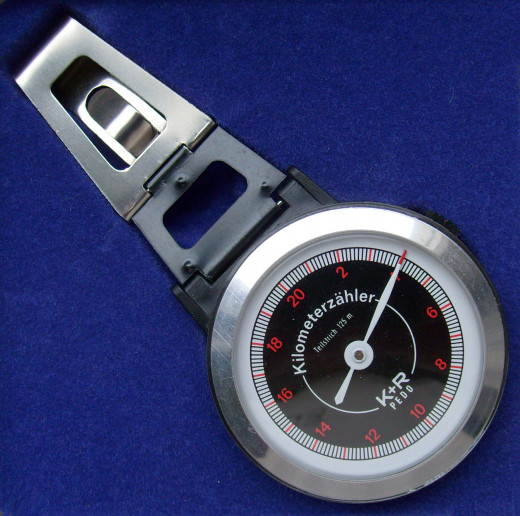
The Pedometer
The pedometer is a small device that improves our health by measuring how many steps we take throughout the day. The pedometer is a motivator to move around rather than remain sedentary. Modern ones are completely automated. Some models not only count your steps, but they automatically reset at midnight. All you have to do the next day is put it in your pocket, purse or attach it to your wrist and off you go. You don't have to remember to reset it. It's automated.
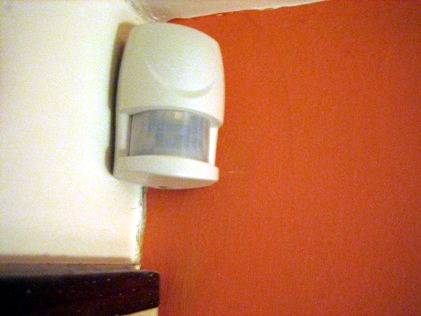
Burglar Alarm Systems
Alarm systems have been around since ancient times. Geese were the early burglar alarms. They would set up a cacophony of honks whenever a stranger approached. Modern burglar alarms perform the same function but much better. If you have a central station monitoring system, when the alarm sounds, an automated signal is sent to an office which then calls you to see if everything is okay. Because it's automated you don't have to look for the telephone while the bad guys enter your house.

Reminders
We are all familiar with reminders. If you put a reminder into your calendar, your device or computer will sound an automatic alarm. You don't have to tie a string around your finger; the automated system taps you on the back. The only human intervention that is required of you is that you put the reminder into the system. For regularly occurring events you can further automate the function by simply noting on your software that it is a repeat reminder that occurs at your chosen intervals.
Besides reminders that you enter into your device or computer, there are automated reminders that are a boon to businesses and professional practices. Here are just a few of the reminders that we see so often, reminders that serve us well.
- Scheduled checkups with your doctor or dentist.
- Maintenance appointments for your car. Blow a few appointments and there goes your warranty. Smart dealerships are taking care of their customers and at the same time they bring in regular business.
- Review your will. Smart lawyers can bring in a steady stream of repeat legal business by simply automating reminders, and keeps his or her name in front of clients. This is a client service as well.
The above examples all have one thing in common. The tasks are automated. Nobody has to go through a card catalog and pull which customer or client needs a reminder. The computer does it for them.

Social Media Networking
Facebook, Linkedin, Twitter and other social networking sites are able to work becaust of automation technology. Can you imagine Mark Zuckerberg and a few of his Harvard buddies sitting around and selecting who may want to be a friend of whom. Facebook would have never gotten of the ground. The software automates the task by looking at who has friended who. The popular explosion of social networking has also spawned some problems. People, especially businesses and organizations that want to get the word out, have found that they can automate their Facebook posts and Twitter tweets, using third party software. Socialoomph, for example, enables you to automate the process of sending out tweets or posts by scheduling an automatic update at varying time intervals. Were it not for automated systems like this, you would need a small army of assistants to tweet and post.

Research
Even after the birth of the Internet, research remained a challenging task for years. For example, Yahoo would take your website and give it to a bunch of editors who would place your information in categories and subcategories. It was time consuming and only sometimes accurate. It wasn't automated. Then, in 1998, along came Google and one of the greatest paradigm shifts of the past 100 years. The Google search engine uses a mathematical algorithm to create a page ranking system for returning results, based on the system that universities used to rank academic papers. Search, as redefined and refined by Google, became the most amazing of automated systems. The only human intervention is the typing in of search words. That's it. The Google search engine automates a process that would be literally impossible for human beings to perform. Microsoft's Bing is also an incredible search engine, but by the time it hit the streets Google had become a household name.
Writing a book or researching an article used to be a daunting task. In the days before Google, you would pour through books and periodicals at a library. If the book your were reading lacked an index, your task went from challenging to laborious. Now it's a function of putting in words that you expect to bring up the right results.
Automated systems have changed our lives in ways that we don't even remember.
Copyright ©2012 by Russell F. Moran
The writer of this this article is the author of The APT Principle: The Business Plan that You Carry in Your Head, from which parts of the article were excerpted.




